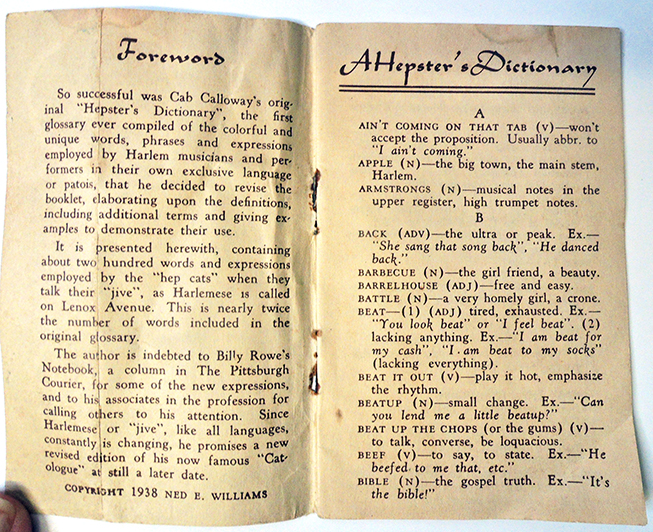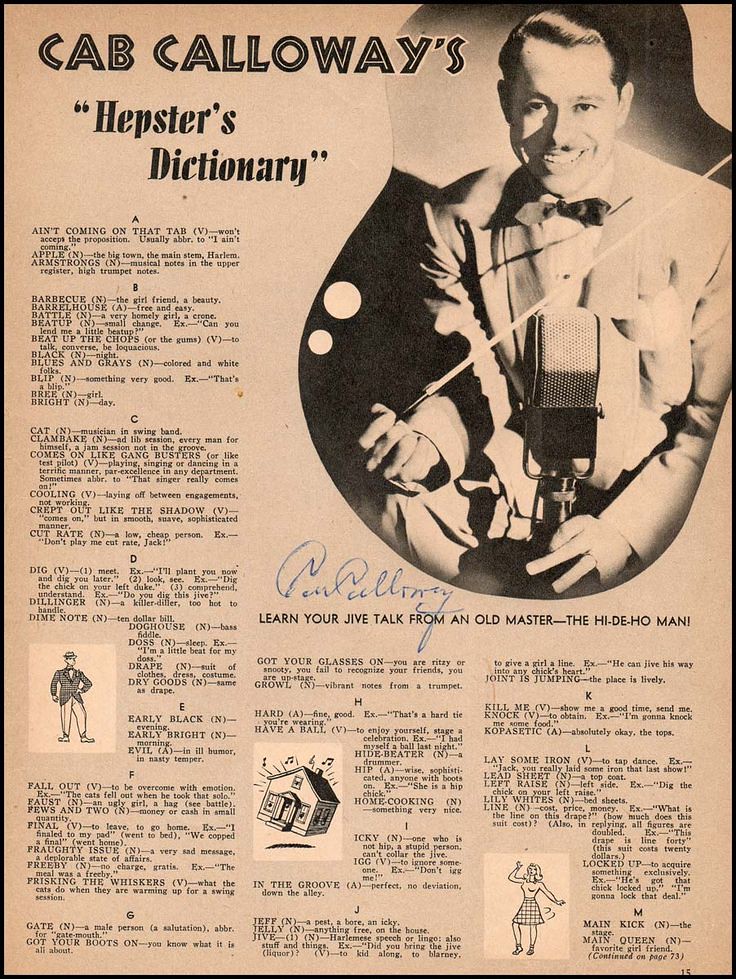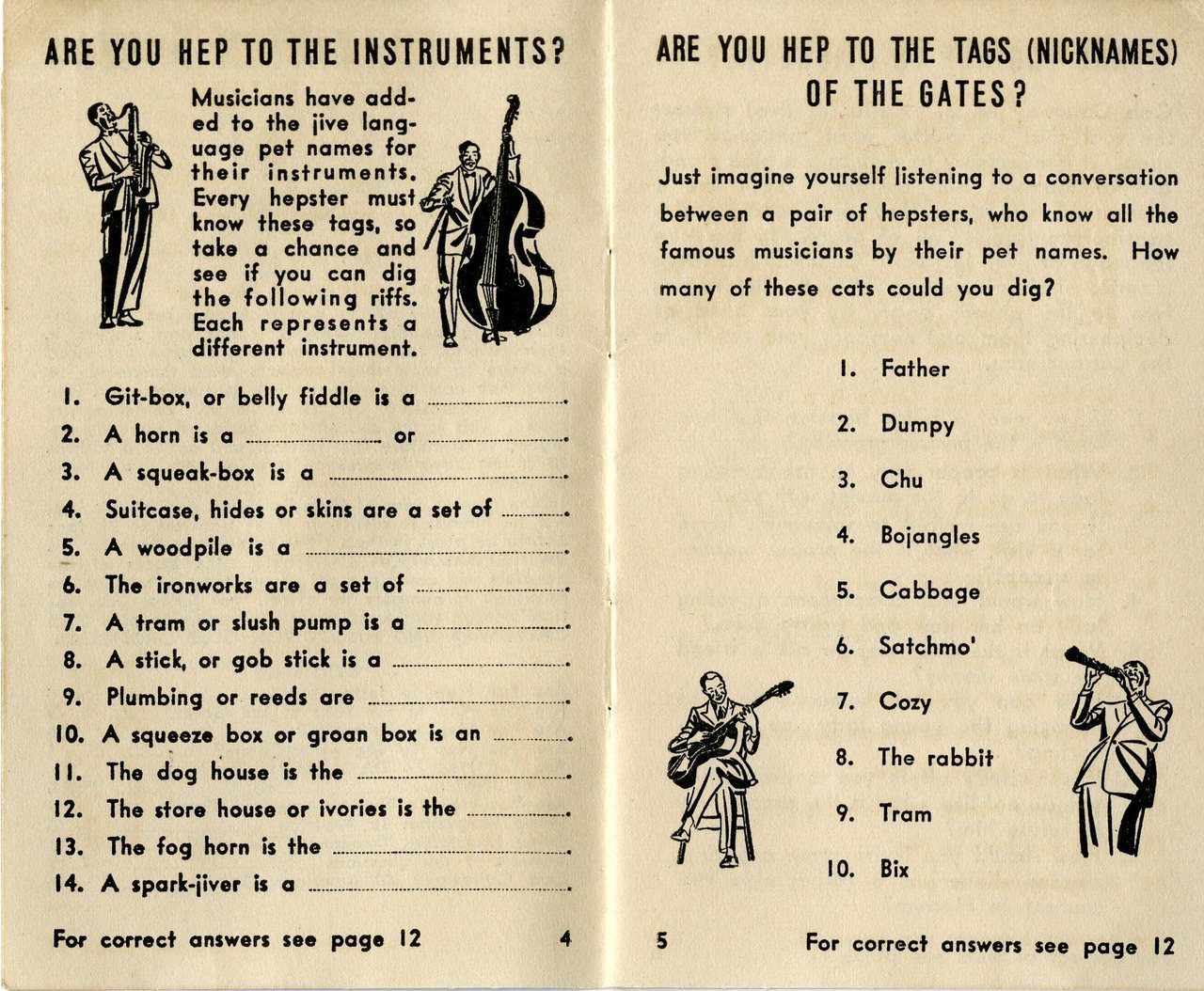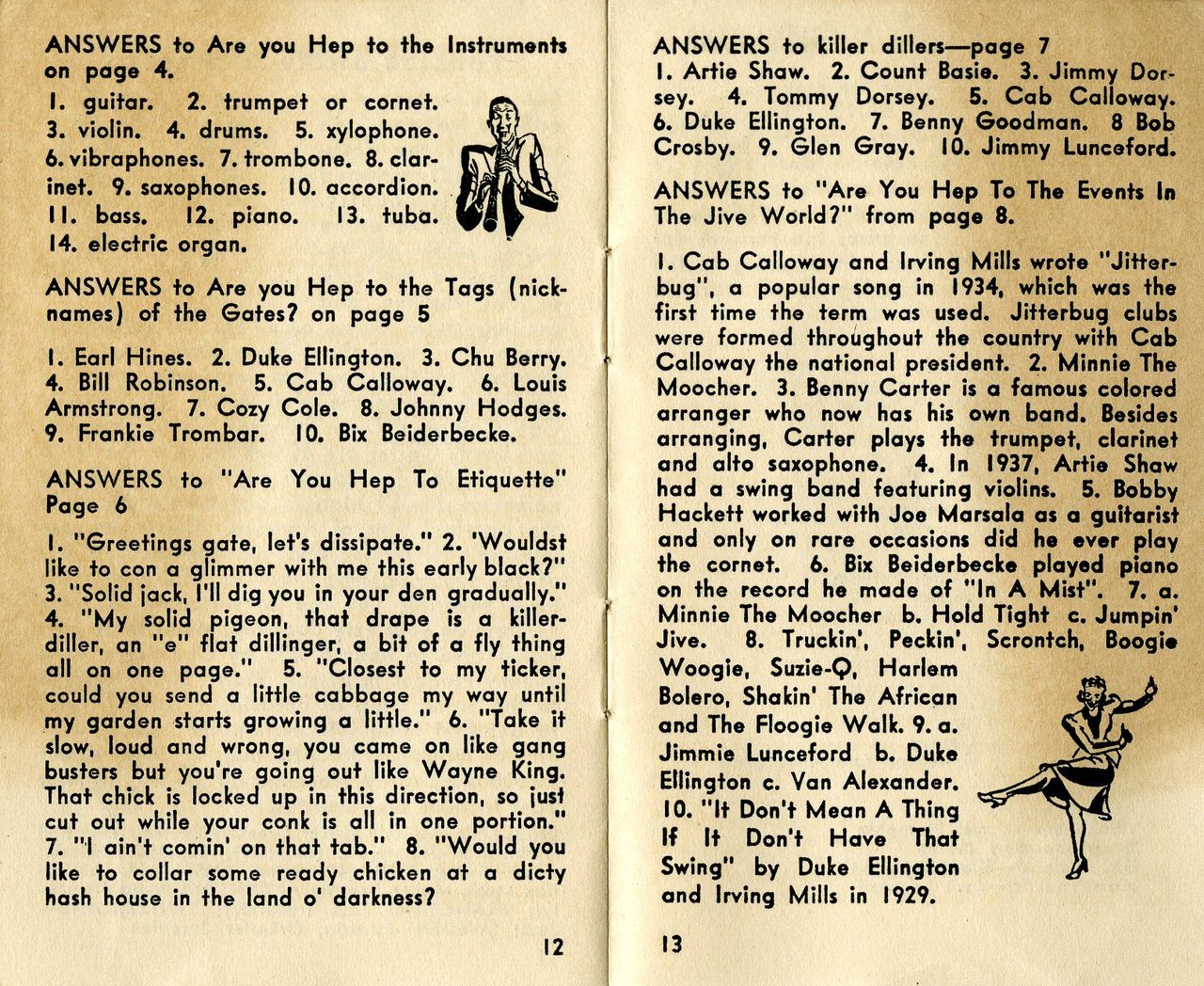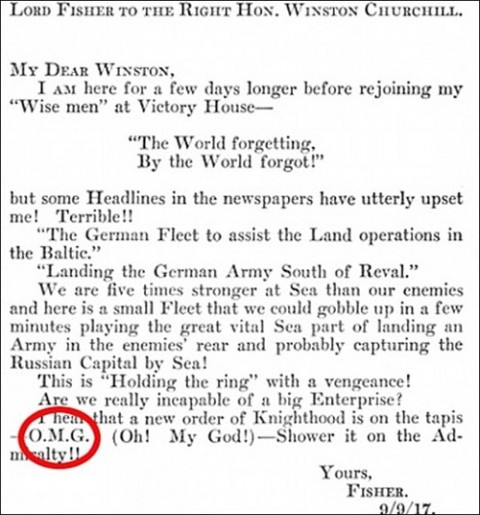
Winston Churchill is one of those preposterously outsized historical figures who seemed to be in the middle of every major event. Even before, as Prime Minister, he steeled the resolve of his people and faced down the Third Reich juggernaut; even before he loudly warned of the Nazi menace before it was polite to do so; even before he was pilloried in the press for the disastrous Gallipoli invasion during WWI, Churchill was a famous and controversial figure. As a young cavalry officer, he left his post in India to report on the bloody colonial campaign in the Swat Valley in present-day Pakistan. His hugely popular articles pushed the military slang word “sniper” into popular use. During the second Boer War, Churchill was not only captured at gunpoint by future South African prime minister Louis Botha but he managed to successfully escape from his POW camp. And after being pushed out of the government following Gallipoli, he returned to the military as a Lieutenant Colonel and commanded a battalion of troops in France. He also won a Nobel Prize for Literature in 1953 and was, as we’ve recently seen, a pretty good painter too.
Add to this one more triumph: he unwittingly had a hand in shaping the speech patterns of teenaged girls some 50–60 years after his death. Churchill was the recipient of a missive containing the first ever usage of the oft-texted acronym “O.M.G.”. According to the Oxford English Dictionary, O.M.G.’s origins can be traced back to a letter to Churchill from Admiral John Arbuthnot Fisher, sent on September 9, 1917. After complaining about the state of affairs of the Navy during the war, Fisher closes with the following lame joke: “I hear that a new order of Knighthood is on the tapis – O.M.G. (Oh! My God!) – Shower it on the Admiralty!!”
Churchill’s relationship with Fisher was complex. While he was the First Lord of the Admiralty, Churchill brought Fisher out of retirement in 1911 to head the royal navy. Their relationship went south in 1915 following the failure of the Dardanelles campaign. Churchill was still roundly blamed mostly because of Fisher’s loud, public protestations. (In fact, had the naval officers pushed through the Dardanelles to Constantinople, as Churchill commanded, the war would have likely ended years earlier than it did.) Yet, much to his wife’s dismay, Churchill remained cordial enough with Fisher to exchange friendly notes.
The first online usage of O.M.G., by the way, came on a usenet forum about soap operas in 1994. Churchill does not appear to be connected to that instance.
Related Content:
What Happens When Mortals Try to Drink Winston Churchill’s Daily Intake of Alcohol
Winston Churchill Goes Backward Down a Water Slide & Loses His Trunks (1934)
Jonathan Crow: You can follow him at @jonccrow.
